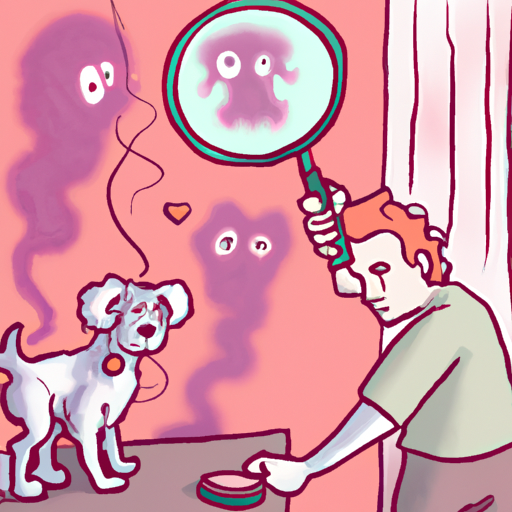As a caregiver, it’s crucial for you to keep an eye on your furry friend’s health. Today, we’re going to explore the symptoms of heartworms in dogs, a common but serious condition that can lead to severe health complications if not detected and treated early.
1. Understanding Heartworms
Heartworms are parasitic roundworms that can infect your dog’s heart, lungs, and associated blood vessels. They are transmitted through mosquito bites. An infected mosquito will transfer heartworm larvae into your dog’s bloodstream, where they will mature, reproduce, and eventually cause health issues.
2. Clinical Signs of Heartworm Infection
Heartworms can cause a variety of symptoms in dogs. Early detection is key to successful treatment, so be on the lookout for the following signs:
- Coughing: If your dog has a persistent, dry cough, it might be a sign of heartworm infection.
- Fatigue: Heartworms can cause your dog to become lethargic and less interested in physical activities.
- Weight loss: If your dog is losing weight despite a healthy appetite, it might be due to heartworms.
- Rapid breathing: Heartworms can lead to labored breathing or rapid breathing, even after light exercise.
- Bulging chest: As heartworm disease progresses, your dog’s chest might start to bulge due to fluid build-up.
| Symptom | Description |
|---|---|
| Coughing | Persistent, dry cough |
| Fatigue | Lethargy, decreased activity |
| Weight loss | Despite a healthy appetite |
| Rapid breathing | Even after light exercise |
| Bulging chest | Due to fluid build-up |
3. Prevention is Better Than Cure
Preventing heartworm disease is far more manageable than treating it. Here are some preventive measures you can take:
- Regular vet visits for heartworm testing
- Use of heartworm preventive medication as prescribed by your vet
- Limit your dog’s exposure to mosquitos
4. Treatment Options
Heartworm is a treatable condition if detected early. The treatment usually involves a series of injections that kill adult heartworms, followed by preventive medication to kill any remaining larvae. However, the treatment can be harsh and may require several weeks of rest for your dog.
5. Frequently Asked Questions
Q: Is heartworm disease contagious?
A: No, heartworm disease is not contagious. It can only be spread through the bite of an infected mosquito.
Q: How often should my dog be tested for heartworms?
A: It’s recommended that dogs should be tested for heartworms annually.
Q: Can humans get heartworms from dogs?
A: It’s extremely rare for humans to get heartworms from dogs. The parasites prefer hosts like dogs, cats, and ferrets.
Remember, as a caregiver, the best thing you can do for your pet is to keep them protected. Regular vet visits and preventive measures can help keep your furry friend safe from heartworm disease.



